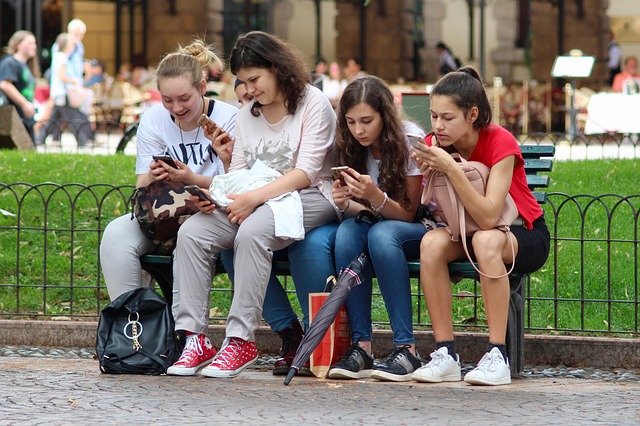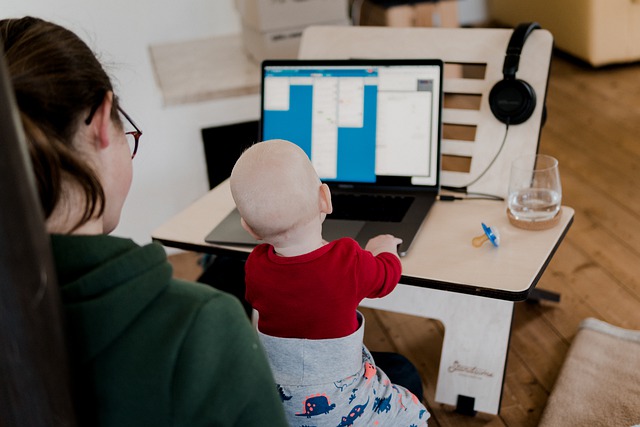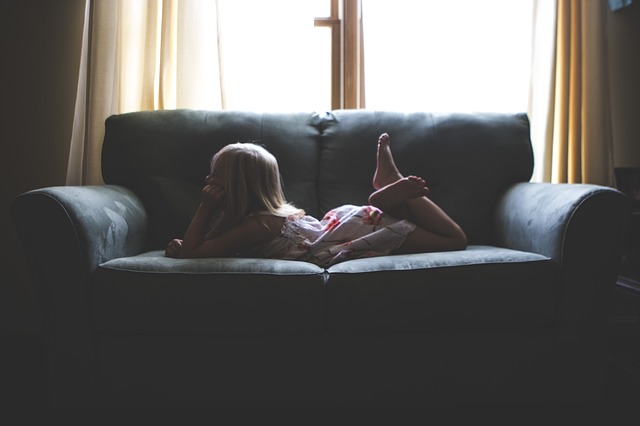Parents have turned to social media parenting groups to vent about the changes their families are experiencing due to Covid-19. According to hundreds of posts from parents here are 7 parenting beliefs that are no longer serving parents.
1. Parenting is One-Size-Fits-All

Parenting is NOT one-size-fits-all, even when it comes to children in the same households. Parenting experts have known this even before the pandemic. Children, just like adults, have different abilities, talents, personalities, and ways of learning.
When you were growing up did you hear statements like:
“Your brother is good at sports, why can’t you be like your brother?
“Your sister is great at math, be like your sister.”
Oftentimes, parents said the statements above without ill intent. Many parents thought that by making these statements they were motivating their children to do better. Due to the pandemic obligating parents/caretakers to become co-teachers with the education system, parents were able to see deeper into their own children’s education and learning styles.
Being immersed in their children’s education due to quarantine made parents realize that their children were individuals who didn’t learn in the same way or at the same pace. Parents realized that with both parenting and educating, one-size-does-NOT-fit-all children.
2. Technology Separates Families

Remember the days when parents took to social media to complain about their kids being glued to their devices? Not a day went by without parents expressing their concerns about technology separating families and disconnecting humans. Just look at everyone now using their devices to connect to the outside world.
The pandemic has taught us that technology can truly be a unifying force. Technology is not separating families or disconnecting humans, it is giving us more options for connection.
3. Work and Family Don’t Mix

The pandemic impacted the workforce by displacing workers, forcing businesses to close, and changing the work atmosphere to remote work. This of course looked different for essential workers. The closing of schools, daycares, and extracurricular activities demanded a change in family roles.
Many parents got to experience working from home and trying to find that life balance between parenting and working. Most parents did well, even though perhaps they haven’t received that “Well done” pat in the back yet. Well done parents! Many parents, once adapted to working from home, enjoyed the ability to spend more time with their families. By experiencing working from home, parents have a new outlook that parenting and working can go hand in hand together.
4. Learning Only Looks One Way

People often see learning as a structured, serious, and formal setting. We often forget that the ability to learn is all around us. We are lucky to be living in this digital age where information is available 24/7 and at the touch of a button. Many times we can just ask Siri or Alexa.
The learning through play industries have known all along that children learn through play and fun. Did it really take the adults going back to school as co-educators to realize that the school system needs a revamp with lots of fun included? If we are bored and unengaged, imagine how are children feel.
Let’s make 2021 a year where we stop thinking that learning only looks one way.
5. Parenting is a Competition

Have you ever heard parents talking about their child’s achievements and gone home to feel resentfull about your own child’s performance at school or extracurricular activities? Maybe you’ve said things to your child like “How come you are not on the honor roll?”
Parenting is not a competition. By bringing parents closer to their children, the pandemic has switched many parents’ mindsets. Parents are now focused on asking different questions and empathizing with their children’s true needs. Instead of competing with other parents and their children, parents are now asking their children questions like:
“Are you bored learning about this subject?”
“Is there something you are interested in learning that they don’t teach at school?”
“How can we make learning more engaging for you?”
6. Everything Needs a Schedule

When the pandemic first started a woman in a parenting group created a pandemic parenting schedule. Her intent was good, she wanted to be helpful. Some parents thanked her at first.
After a few weeks, parents who tried to follow parenting schedules during the pandemic expressed that the schedules were making them depressed and left them feeling like failures. Schedules and expectations from work, school, and children were adding extra stress for parents. Some parents decided to throw away the schedules altogether and go with the flow. Other parents decided to create new flexible schedules that actually worked for them rather than against them.
Don’t forget parenting belief number 5, parenting is not a competition. It’s not about which parenting scheduling method you think is better, it is about what parenting method works for each household.
7. Not Doing Anything is Bad

Doing nothing = resting, finding peace, recharging, thinking, meditating
Before the pandemic, living in our fast-paced world meant that doing nothing was a waste of time. American culture puts a high value on being busy. We are stressed from doing too much and we are stressed from doing nothing.
The pandemic gave us no choice but to embrace doing nothing. Although many people haven’t completely embraced doing nothing, they had no choice but to slow down due to city closures.
Doing nothing has countless positive effects on mental health and well-being. These effects include feeling happier, well-rested, and being creative.


